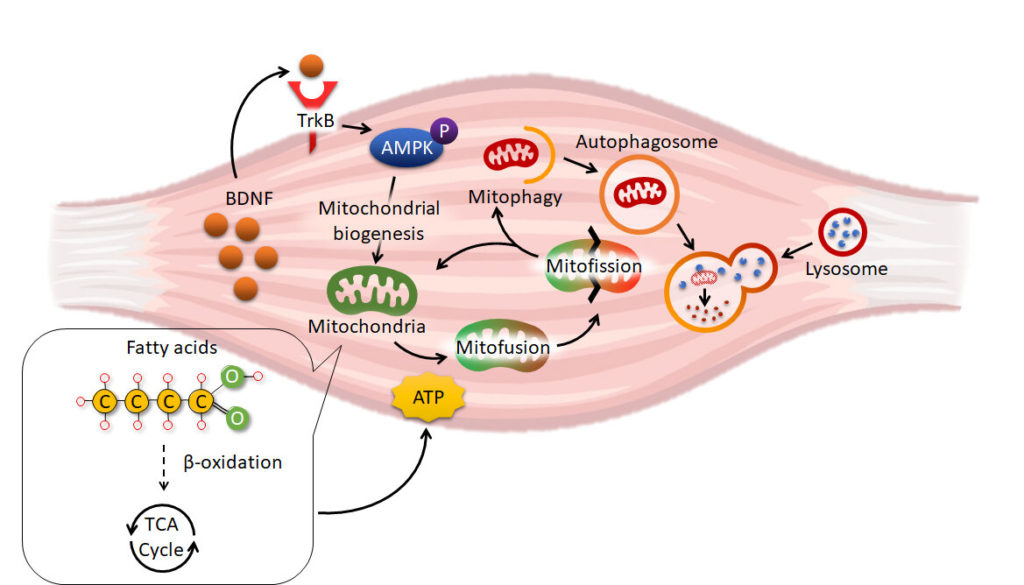
Beneficial gut microbes and the body work together to fine-tune fat metabolism and cholesterol levels, according to a new preclinical study by investigators from Weill Cornell Medicine and the Boyce Thompson Institute at Cornell University’s Ithaca campus.
The research is published in the journal Nature.
The human body has co-evolved with the beneficial microbes that live in the gut (termed the microbiota), resulting in mutually favorable relationships that aid in the d...
Read More









Recent Comments